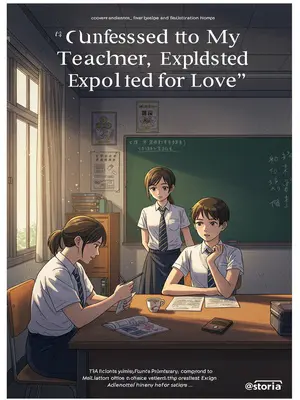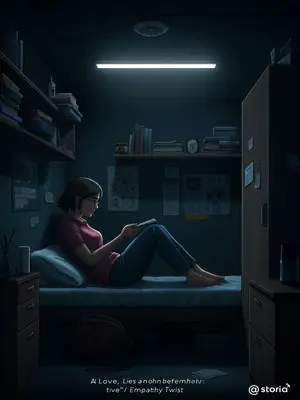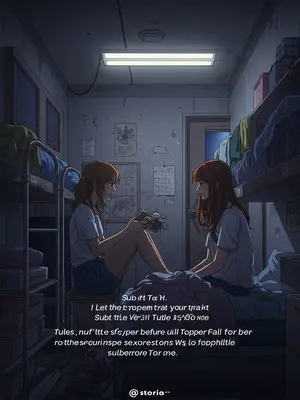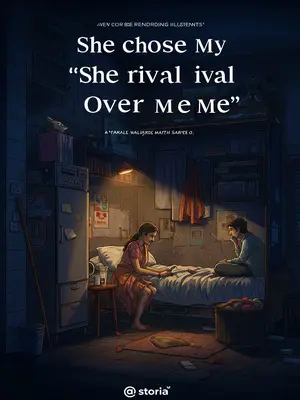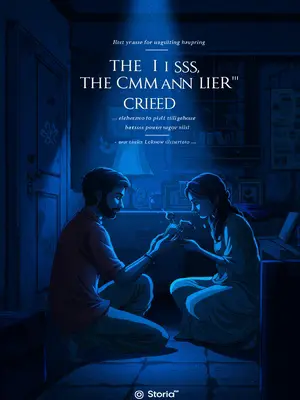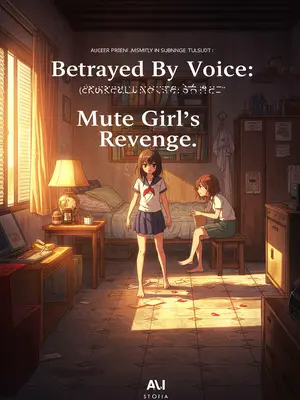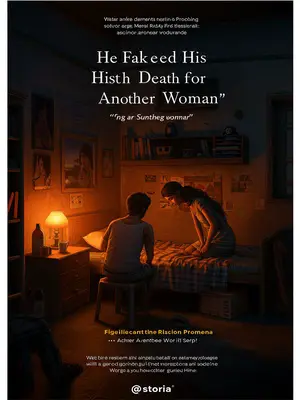Chapter 2: Rivalry Rekindled
I’d disliked her for a long time.
Other than having good marks and a decent face, compared to me, she was worthless.
But her grades were good, so the teachers always stood up for her.
Teachers, especially the Hindi Madam, always had a soft spot for bright but poor kids. Whenever someone picked on her, the teachers would snap, 'Shame on you! She works hard, you should learn from her.' I would seethe quietly. What was so special about her?
Afraid my father would come and shout at me, I had to pinch my nose and apologise.
In our middle-class homes, parents had their own ways of dealing with trouble—my father was the shouting type. The thought of him being summoned to school made my stomach knot. I stood in front of the teacher, shifting from foot to foot, wishing the ground would swallow me as I mumbled a sorry.
I never spoke to her again.
But in high school, after my father spent a lakh on my tuition, she ended up in the same school as me again.
Same class.
On the first day, my father still remembered her, greeted her with a smile, and said we should help each other, especially her—since she had good marks, she should help me more.
Typical Indian parent logic, na? 'Beta, usse dosti kar, she can help you pass.' My father, all proud moustache and crisp shirt, pulled me aside and introduced us again as if we were some family friends. I tried not to show my annoyance.
She agreed immediately: “I’m older, I’m the didi, so I should help. Hope we can still be desk mates.”
She smiled as she spoke to us, started boasting again about how her mum was so happy she did well and was going to reward her with a bag—boasting, again.
Looking at her faded plastic bag, I almost asked if that was the big reward, but bit my tongue.
But seeing her face, I held back.
There was something almost childlike in her smile, her hope shining through all the cracks. I stared at her, my words caught somewhere between my teeth and my heart. For once, I just stayed quiet.
After summer holidays, from her right jaw down to her neck, there was a patch of new scars, as if she’d been scalded with boiling water.
Red, white, and rough. The red and white scar glared against her brown skin, even as the classroom tube lights flickered above.
Now, she had one less advantage.
Only her marks were still good.
The scar was hard to ignore, a thick ugly line that stood out against her skin. Even in our humid classrooms, where everyone sweated and fidgeted, it was impossible to pretend nothing had changed. She tried to hide it with her dupatta, but sometimes it would slip, and then the other girls would stare or whisper.
Once I caught up with her in grades, let’s see if my father would still praise her or me.


